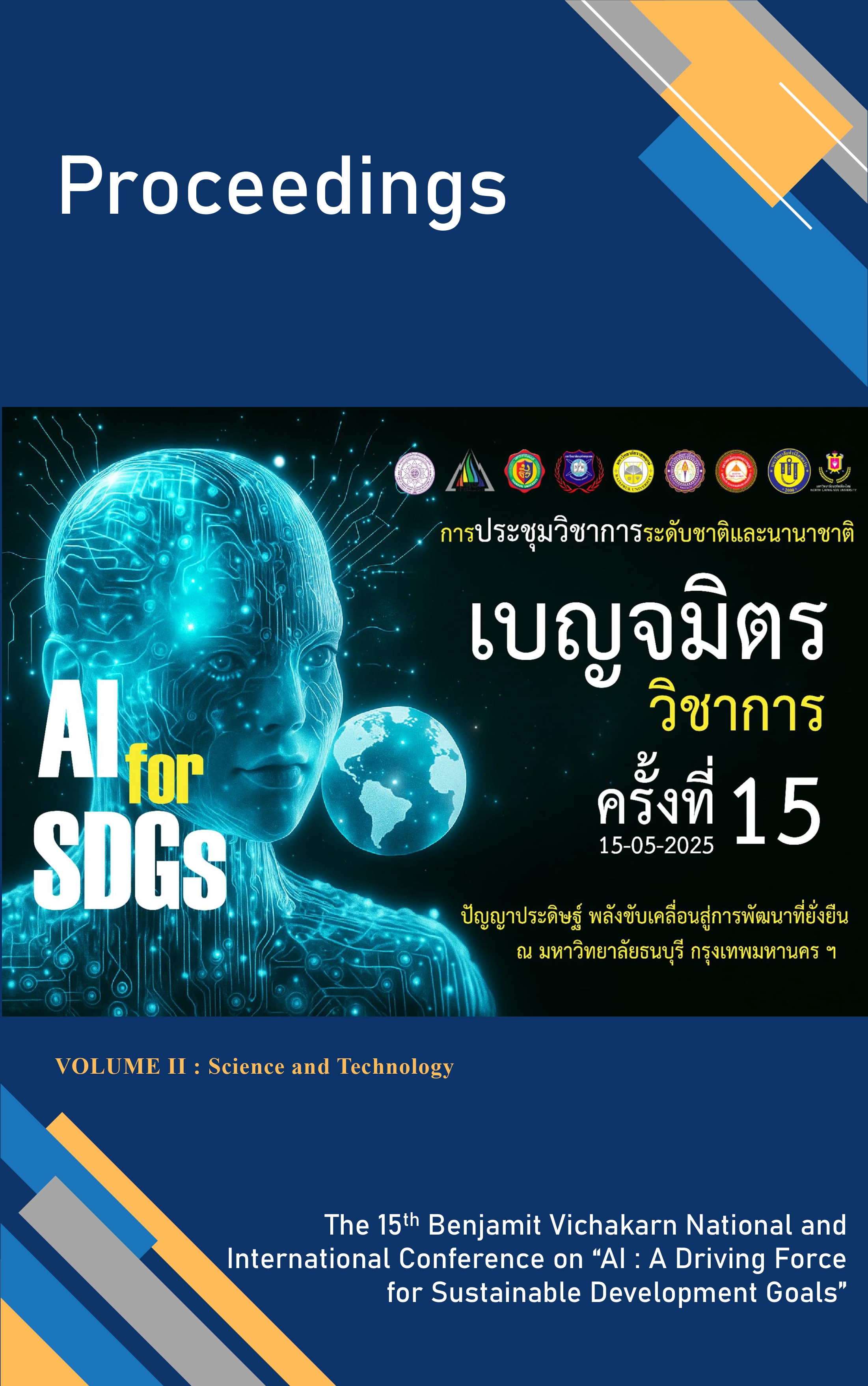การประยุกต์เทคนิคเหมืองข้อมูลเพื่อพยากรณ์ผลการประเมินบทความจากวารสารนวัตกรรมสังคมและการเรียนรู้ตลอดชีวิต
เนื้อหาบทความหลัก
บทคัดย่อ
งานวิจัยนี้มีวัตถุประสงค์เพื่อ 1) เพื่อสร้างโมเดลการพยากรณ์ผลการประเมินบทความจากข้อมูลในระบบวารสาร และ 2) เพื่อเปรียบเทียบประสิทธิภาพของเทคนิคเหมืองข้อมูลที่ใช้จากข้อมูลการประเมินบทความของวารสารนวัตกรรมสังคมและการเรียนรู้ตลอดชีวิต จำนวน 170 บทความ โดยใช้เทคนิค Naive Bayes Decision Tree และ K-Nearest Neighbors ด้วยภาษาไพธอนบนแพลตฟอร์ม Google Colab ผลการวิจัย พบว่า การคัดเลือกคุณลักษณะที่สำคัญต่อการทำนายโดยใช้ Information Gain จากคุณลักษณะทั้งหมด 19 คุณลักษณะ พบว่า 10 คุณลักษณะมีความสำคัญ ได้แก่ การใช้ภาษา รูปแบบตารางและภาพประกอบ ไฟล์บทความและเอกสารประกอบ ความชัดเจนและรายละเอียดของบทคัดย่อและ Abstract การกำหนดวัตถุประสงค์การวิจัยในบทคัดย่อและ Abstract การระบุวิธีการวิจัยในบทคัดย่อและ Abstract ผลการวิจัยในบทคัดย่อและ Abstract โจทย์วิจัยชัดเจน วิธีการวิจัย และการอภิปรายผลการวิจัย จากนั้นใช้เทคนิค Naive Bayes Decision Tree และ K-Nearest Neighbors ในการสร้างแบบจำลองทำนาย พบว่า Naive Bayes มีประสิทธิภาพต่ำที่สุด (20.66%) ในขณะที่ Nearest Neighbors มีความแม่นยำโดยรวมดีที่สุด (82.46%) แต่ Decision Tree ให้ผลลัพธ์ที่สม่ำเสมอมากกว่า ผลการวิจัยนี้สามารถนำไปใช้ในการพัฒนาระบบสนับสนุนการประเมินบทความ และเป็นแนวทางสำหรับผู้เขียนในการปรับปรุงคุณภาพบทความเพื่อเพิ่มโอกาสในการตีพิมพ์

